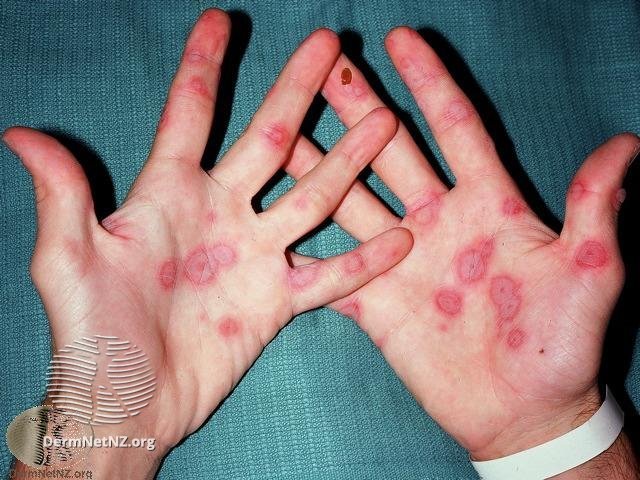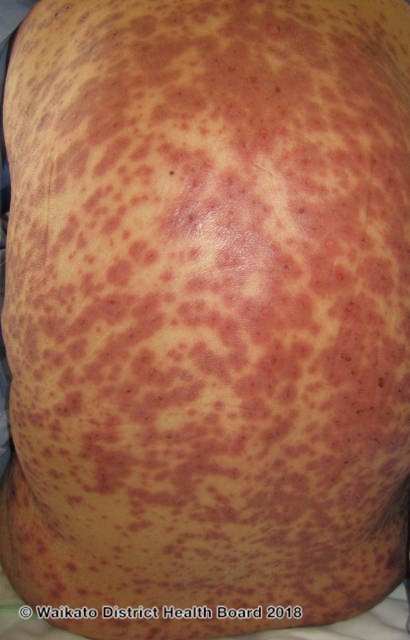Eating "ultra-processed" foods was associated with an increased risk of heart disease and death 7/
For example, eating a steak is minimally processed, eating the same meat as meatballs is ultra-processed instead! 9/
But there are a few caveats to consider here 11/
A bit less scary than a "62% increase" I think 14/
However 16/
It's possible that something other than processed foods caused the observed relationships 17/
These studies might have controlled for that enough to infer causality. They also might not 18/
Both studies controlled for this as well, but it's hard to know if that was entirely effective 21/
It's hard to say if there's a big impact of eating just a bit more of these foods 22/
Well, for governments, they are pretty impactful 23/
I don't think these results mean all that much 26/
You probably already knew that, though 27/
- processed foods may be bad for health
- we aren't sure if it's the food or society
- the impacts are important to governments, not as much for individuals 29/
As any scientist will tell you, evidence moves on! 31/





















